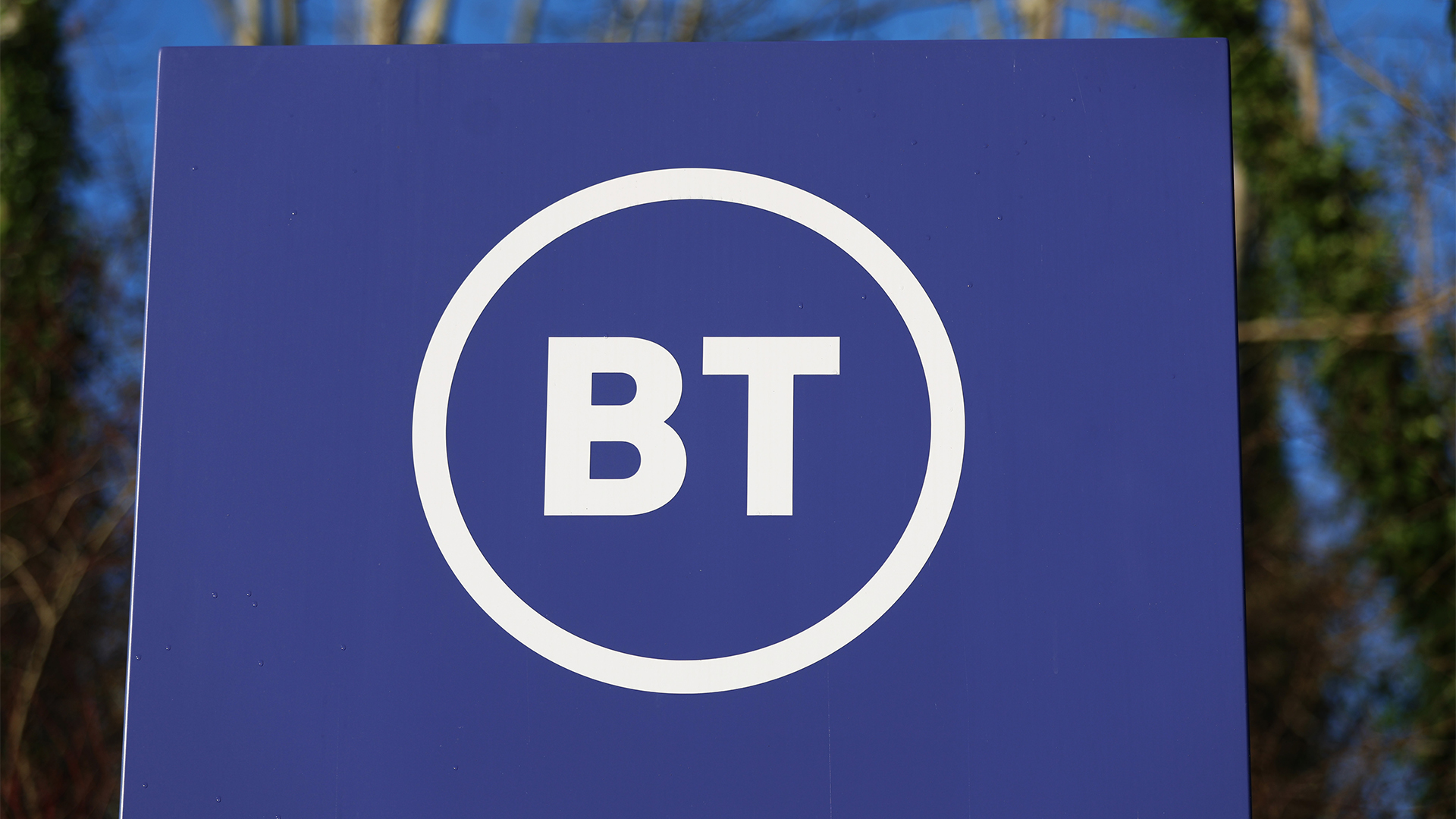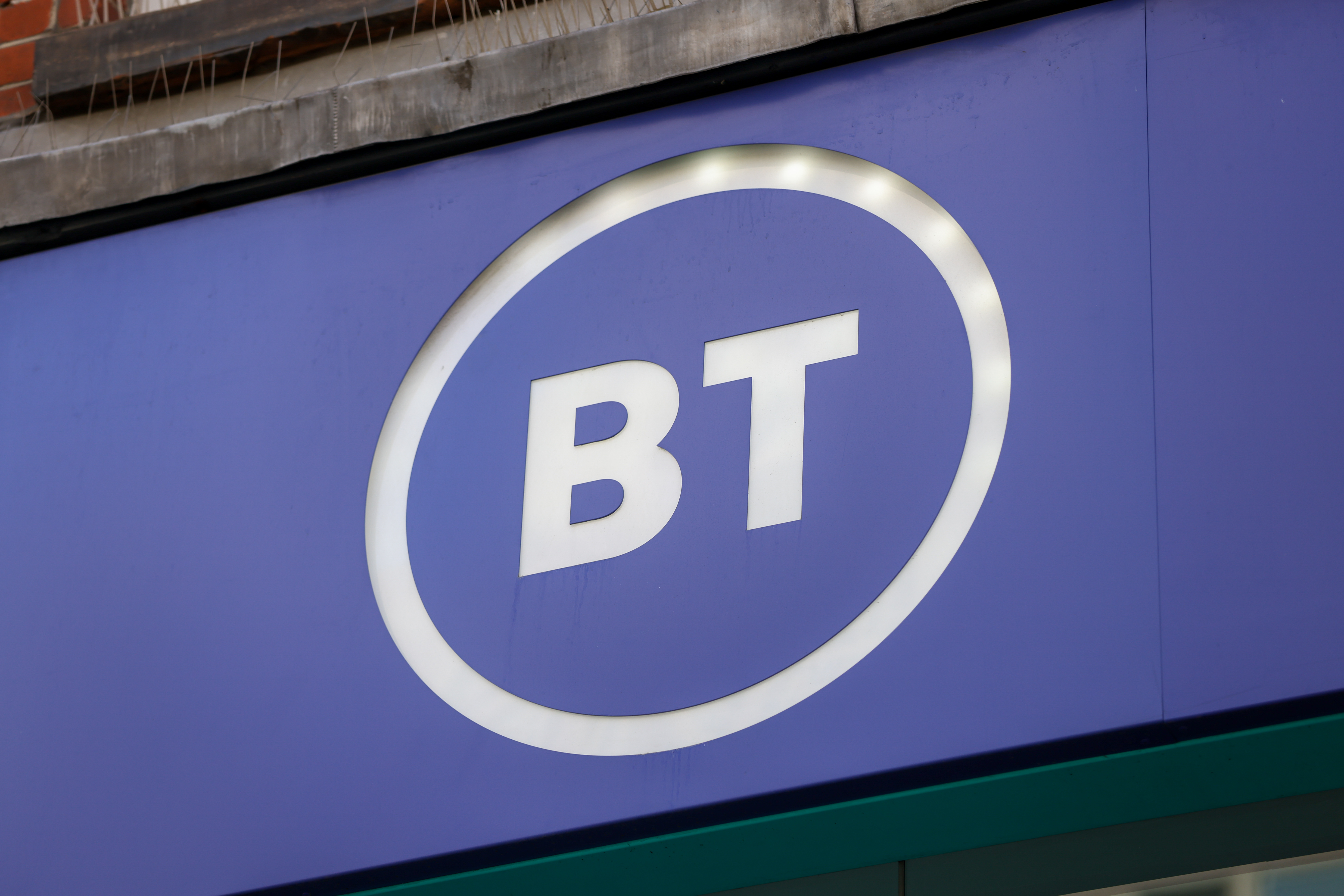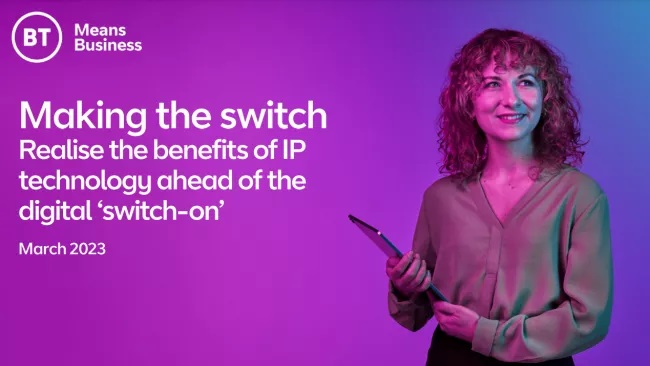Fujitsu withdraws from Cumbrian broadband race with BT
Technology giant ditches broadband bid because of cost concerns.


Fujitsu has dropped plans to build a rural broadband network in Cumbria, leaving incumbent BT as the sole bidder.
The decision comes after Cumbria County Council rejected bids from both BT and Fujitsu because their plans did not fully satisfy the area's internet requirements.
The Japanese technology giant said it would have required a market of around a million customers for it to break even on the deal.
"We withdrew from Cumbria because we cannot currently see a clear path towards a mass market that is required to attract leading retail service providers," said Fujitsu chief executive, Duncan Tait, in a statement to the Financial Times.
He also revealed the firm has not ruled out bidding for other broadband contracts throughout the UK.
"We continue to monitor the market place and see where we can get this to make sense. We will look at each on its own merits and see if there is a way to make it work and get to the scale we need for our anchor tenants," he added.
Communications minister, Ed Vaizey, recently confirmed the bid to build rural broadband was a two-horse race between BT and Fujitsu.
Get the ITPro daily newsletter
Sign up today and you will receive a free copy of our Future Focus 2025 report - the leading guidance on AI, cybersecurity and other IT challenges as per 700+ senior executives
Fujitsu has bid for two regional tenders, Cumbria and North Yorkshire. It is thought BT will now win both deals.
Fujitsu initially planned to build a 1Gbps fibre optic to the home (FTTH) broadband network that could have reached five million UK homes and businesses in rural areas by 2016.
To accomplish this, the firm would have needed almost the entire Broadband Delivery UK budget of 530 million.
Rene Millman is a freelance writer and broadcaster who covers cybersecurity, AI, IoT, and the cloud. He also works as a contributing analyst at GigaOm and has previously worked as an analyst for Gartner covering the infrastructure market. He has made numerous television appearances to give his views and expertise on technology trends and companies that affect and shape our lives. You can follow Rene Millman on Twitter.
-
 Should AI PCs be part of your next hardware refresh?
Should AI PCs be part of your next hardware refresh?AI PCs are fast becoming a business staple and a surefire way to future-proof your business
By Bobby Hellard
-
 Westcon-Comstor and Vectra AI launch brace of new channel initiatives
Westcon-Comstor and Vectra AI launch brace of new channel initiativesNews Westcon-Comstor and Vectra AI have announced the launch of two new channel growth initiatives focused on the managed security service provider (MSSP) space and AWS Marketplace.
By Daniel Todd
-
 Equinix acquires BT's Irish data centers in €59 million deal
Equinix acquires BT's Irish data centers in €59 million dealNews As BT moves to an asset-light business model, Equinix looks to expand
By Emma Woollacott
-
 BT just extended the PSTN switch-off deadline — here’s what you need to know
BT just extended the PSTN switch-off deadline — here’s what you need to knowNews BT described the move as a “revision”, citing a series of improvements to the wider PSTN switch-off programme
By George Fitzmaurice
-
 BT misses key Huawei kit removal deadline, but the telco is “almost over the line”
BT misses key Huawei kit removal deadline, but the telco is “almost over the line”News BT is still reliant on non-compliant Huawei equipment for 2G and 3G services
By Ross Kelly
-
 BT partners with HPE to deliver new global managed LAN service
BT partners with HPE to deliver new global managed LAN serviceNews The latest collaboration combines BT’s connectivity expertise with HPE Aruba Networking’s latest LAN solutions
By Daniel Todd
-
 Making the switch
Making the switchWhitepaper Realise the benefits of IP technology ahead of the digital ‘switch-on’
By ITPro
-
 BT and OneWeb succeed in "game changer" satellite connection trial
BT and OneWeb succeed in "game changer" satellite connection trialNews Smaller businesses in rural areas could benefit from improvements to backhaul services using satellites, with speeds increasing by an order of magnitude
By Rory Bathgate
-
 BT, Nokia crack four carrier aggregation on a 5G network in first for Europe
BT, Nokia crack four carrier aggregation on a 5G network in first for EuropeNews The breakthrough marks the first successful use of such technology on a live network, and could lead to dramatic network improvements
By Rory Bathgate
-
 Japan pursues green data centres to achieve carbon-neutral society
Japan pursues green data centres to achieve carbon-neutral societyNews The country is aiming to achieve energy savings of 40% or more in its domestic data centres by 2030
By Zach Marzouk